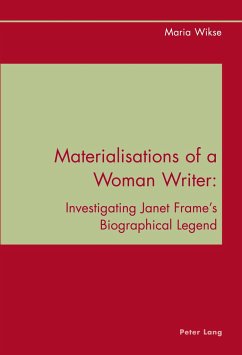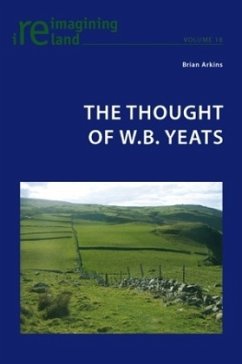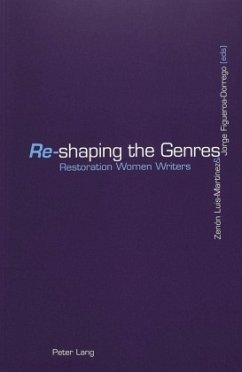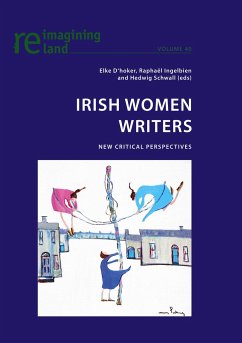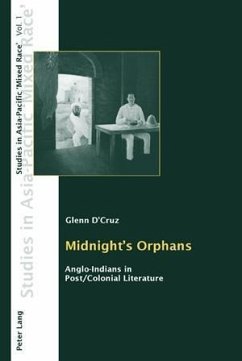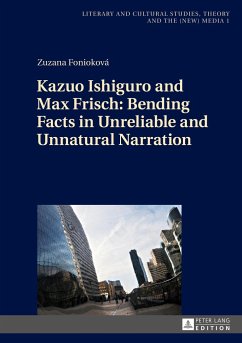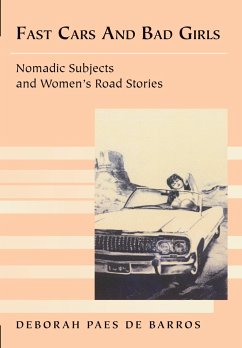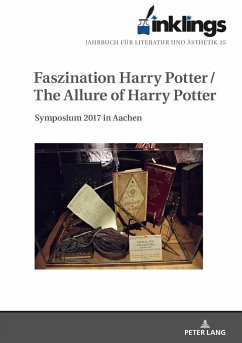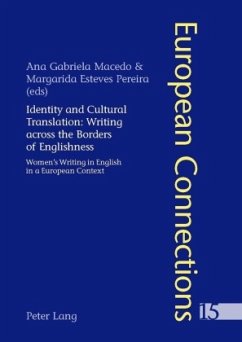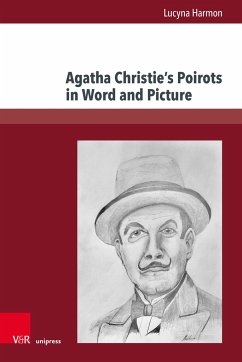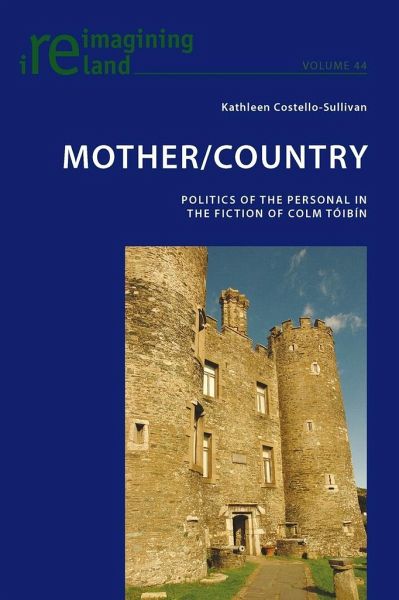
Mother/Country
Politics of the Personal in the Fiction of Colm Tóibín
Versandkostenfrei!
Versandfertig in 6-10 Tagen
51,55 €
inkl. MwSt.

PAYBACK Punkte
0 °P sammeln!
This original and engaging study explores the way in which Colm Tóibín repeatedly identifies and disrupts the boundaries between personal and political or social histories in his fiction. Through this collapsing of boundaries, he examines the cost of broader political exclusions and considers how personal and political narratives shape individual subjects. Each of Tóibín's novels is comprehensively addressed here, as are his non-fiction works, reviews, plays, short stories, and some as-yet-unpublished work. The book situates Tóibín not only within his contemporary literary milieu, but al...
This original and engaging study explores the way in which Colm Tóibín repeatedly identifies and disrupts the boundaries between personal and political or social histories in his fiction. Through this collapsing of boundaries, he examines the cost of broader political exclusions and considers how personal and political narratives shape individual subjects.
Each of Tóibín's novels is comprehensively addressed here, as are his non-fiction works, reviews, plays, short stories, and some as-yet-unpublished work. The book situates Tóibín not only within his contemporary literary milieu, but also within the contexts of the Irish literary tradition, contemporary Irish politics, Irish nationalism, and theories of psychology, gender, nationalism, and postcolonialism.
Each of Tóibín's novels is comprehensively addressed here, as are his non-fiction works, reviews, plays, short stories, and some as-yet-unpublished work. The book situates Tóibín not only within his contemporary literary milieu, but also within the contexts of the Irish literary tradition, contemporary Irish politics, Irish nationalism, and theories of psychology, gender, nationalism, and postcolonialism.



